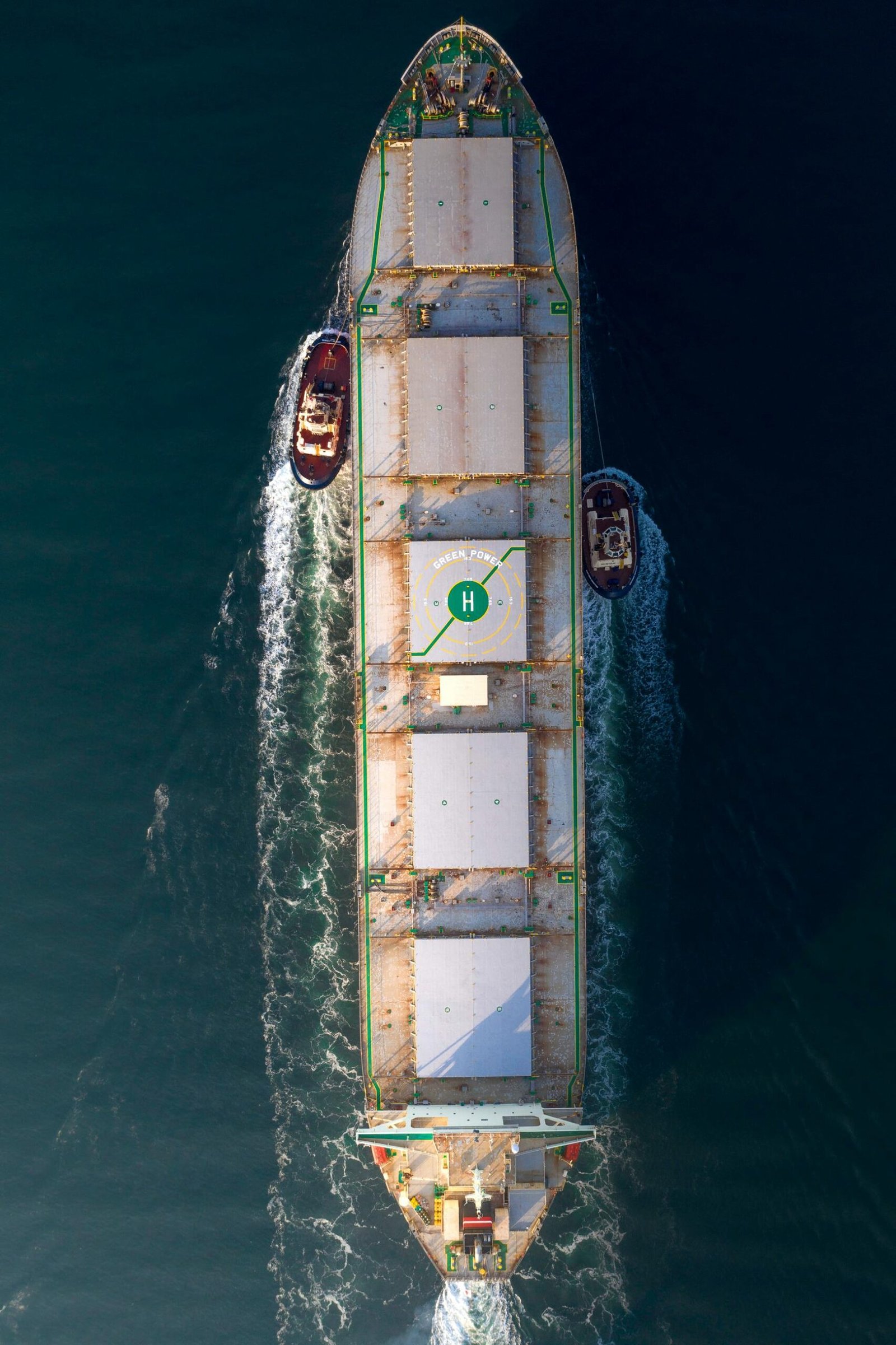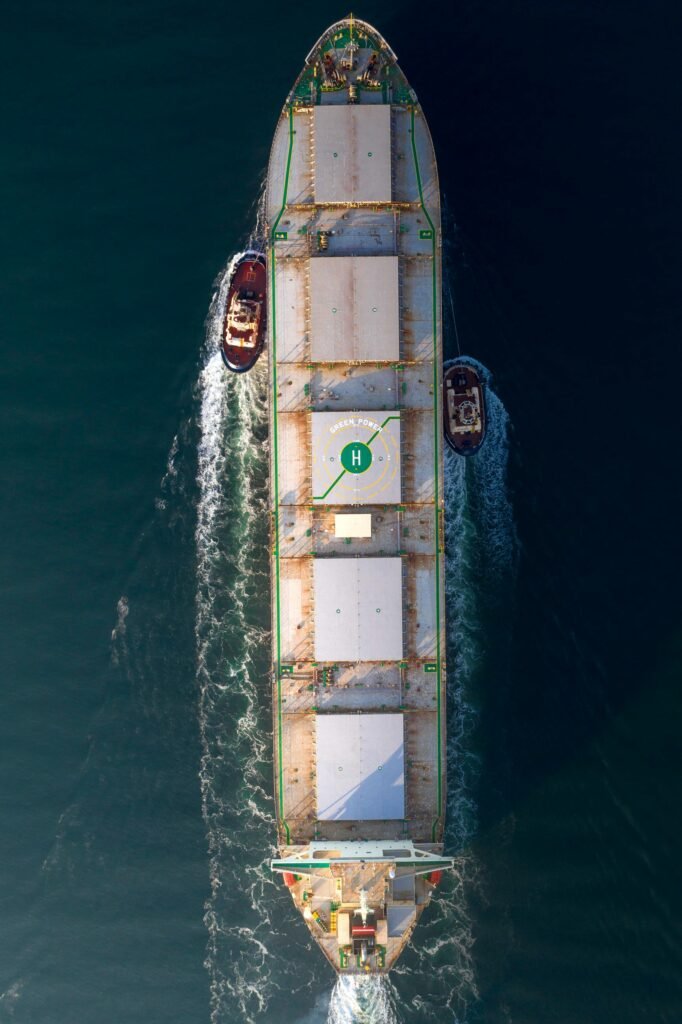⚓ AI and Definition of Maritime Law: How Artificial Intelligence Is Transforming the Shipping Industry

Artificial Intelligence (AI) is reshaping industries across the globe, and the maritime sector is no exception. From autonomous ships to predictive maintenance, AI is influencing the way maritime law is applied and enforced.
But what exactly is maritime law, and how does AI intersect with it? This article breaks down the definition of maritime law, explores AI’s role in shipping, and highlights its impact on global maritime governance.

📜 What Is Maritime Law?
Maritime law, also known as admiralty law, is a specialized body of law governing:
- Shipping and navigation
- Ocean commerce and trade
- Rights and responsibilities of seafarers
- Maritime accidents, injuries, and disputes
It covers both domestic regulations and international treaties, such as the United Nations Convention on the Law of the Sea (UNCLOS). Essentially, maritime law ensures safe, fair, and legal operations at sea.
🤖 How AI Is Changing Maritime Operations
AI is transforming the maritime industry by improving safety, efficiency, and compliance. Key applications include:
1. Autonomous Ships
AI enables vessels to navigate automatically, detect obstacles, and optimize routes. This reduces human error and improves maritime safety.
2. Predictive Maintenance
AI analyzes sensor data from ships to predict equipment failures before they occur. This helps shipping companies comply with maritime safety laws and avoid costly accidents.
3. Smart Cargo Management
AI systems track cargo conditions, optimize loading, and ensure legal compliance with international shipping standards.
4. Maritime Surveillance
AI-powered systems monitor ports and oceans, detect illegal activity, and assist law enforcement in enforcing maritime regulations.
5. Environmental Compliance
AI helps shipping companies monitor emissions and comply with environmental maritime laws, such as IMO regulations.
⚖️ The Intersection of AI and Maritime Law
AI doesn’t just improve shipping operations—it also raises legal questions:
- Liability: Who is responsible if an AI-controlled ship causes an accident? The manufacturer, operator, or software developer?
- Data Privacy: Maritime AI systems collect large amounts of data. How should this data be stored and protected?
- Regulation: Existing maritime law may need updates to address AI-driven ships, autonomous ports, and AI decision-making.
- Insurance: How do insurers assess risk for AI-enabled maritime vessels?
These challenges highlight the importance of updating maritime law to reflect AI advancements, ensuring safety, accountability, and fairness in global shipping.
🌍 Global Perspective on AI in Maritime Law
- United States: Focus on AI for autonomous vessels and port safety.
- Europe: Regulations for smart shipping and environmental compliance are being strengthened.
- Canada: Investment in AI for navigation, fisheries, and port management.
- Australia: Focus on AI-driven maritime surveillance and coastal monitoring.
International coordination is key because maritime law governs international waters, and AI-enabled ships often cross multiple jurisdictions.
🛡️ How AI Can Enhance Legal Compliance at Sea
- Automated Reporting: AI can automatically generate compliance reports, reducing paperwork for shipping companies.
- Real-Time Alerts: AI alerts operators when safety standards or legal limits are breached.
- Data Analytics for Risk Management: AI predicts risks for accidents, piracy, or environmental hazards.
- Training and Simulation: AI-powered simulators help crew members understand maritime law and emergency protocols.
By integrating AI into maritime operations, companies can reduce human error, increase safety, and ensure compliance with global laws.
✅ Conclusion
The combination of AI and maritime law is reshaping how the shipping industry operates. While AI offers incredible efficiency, safety, and compliance benefits, it also challenges traditional legal frameworks, requiring updated regulations and clear guidelines.
For shipping companies, governments, and legal experts, understanding AI’s role in maritime law is critical for navigating the future of global trade safely and responsibly.
❓ FAQs About AI and Maritime Law
1. What is maritime law?
Maritime law governs shipping, navigation, and trade at sea, including safety regulations, disputes, and environmental compliance.
2. How is AI used in the maritime industry?
AI is used for autonomous navigation, predictive maintenance, cargo management, maritime surveillance, and environmental compliance.
3. Does AI change the definition of maritime law?
No, but AI introduces new legal challenges regarding liability, data, and regulation that require updates to existing maritime law.
4. Who is responsible if an AI-controlled ship causes an accident?
Legal responsibility depends on national and international laws, but debates are ongoing about whether the operator, manufacturer, or software developer should be liable.
5. Can AI help enforce maritime law?
Yes, AI can monitor ships, detect illegal activity, and assist authorities in enforcing safety and environmental regulations.





